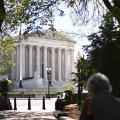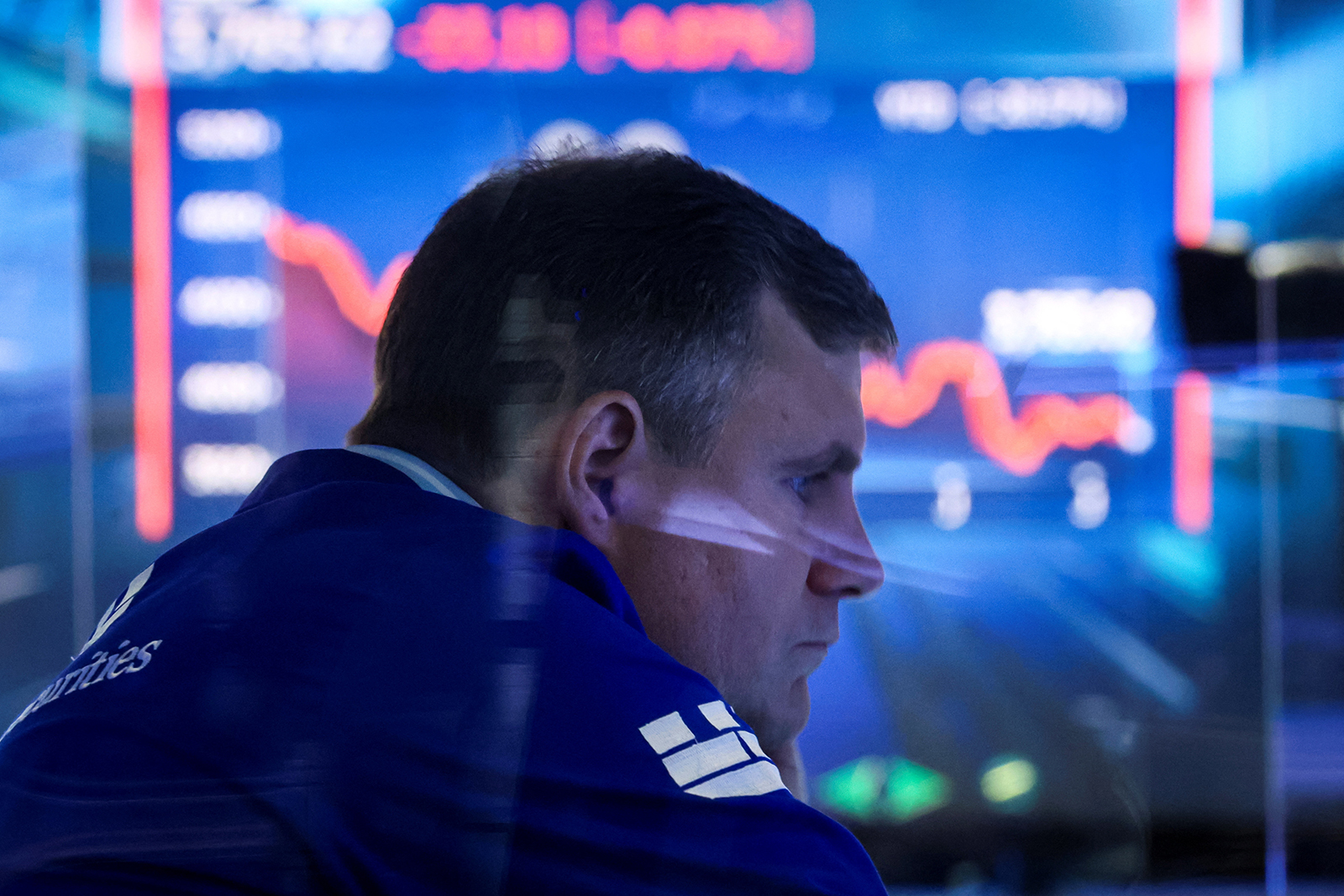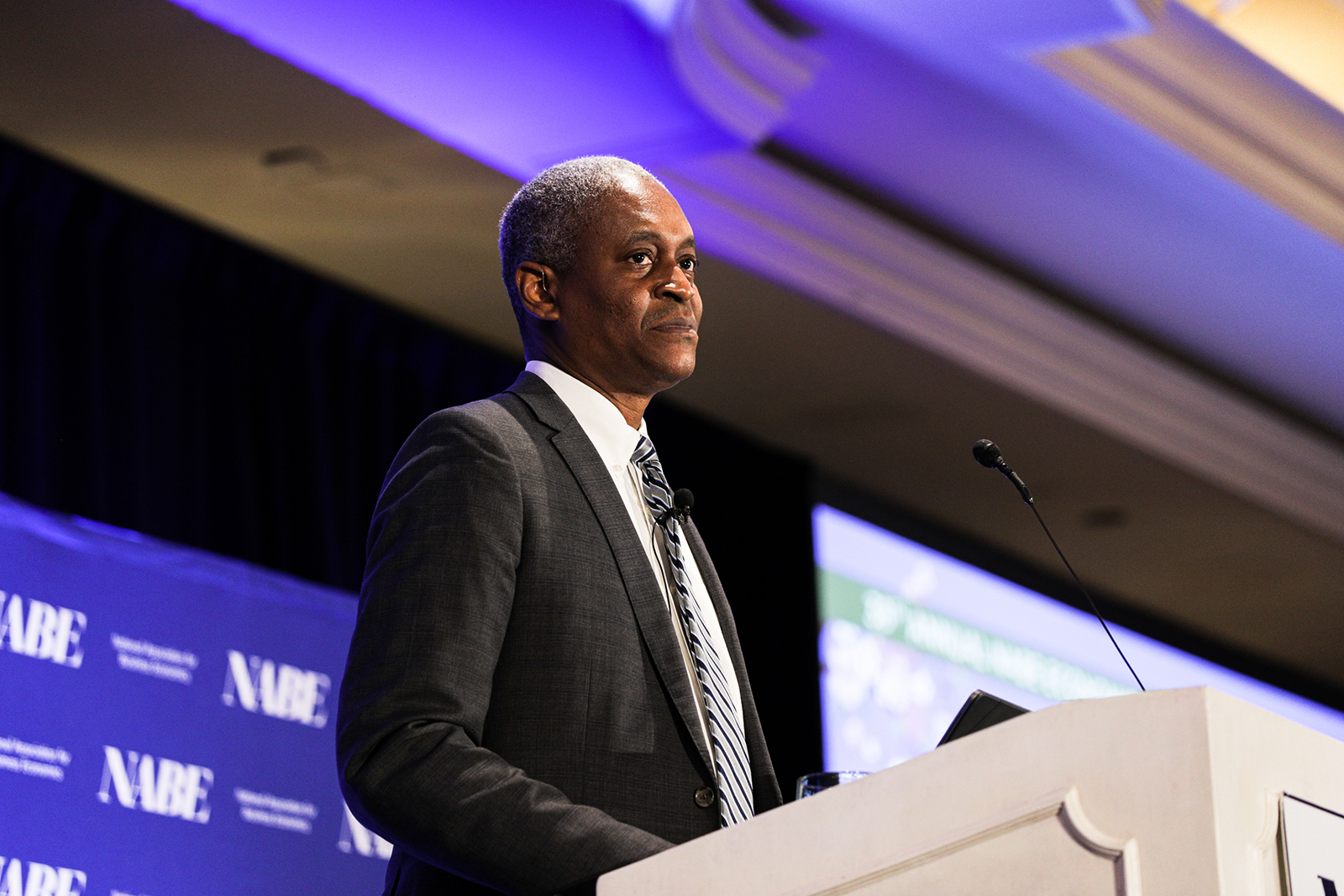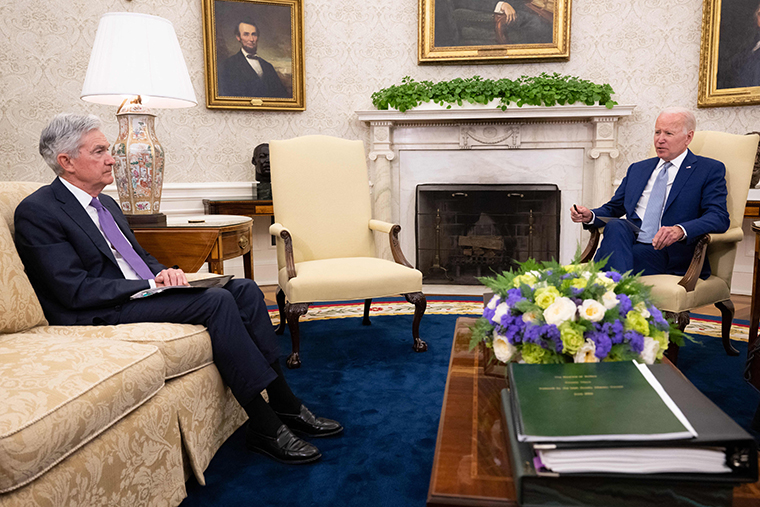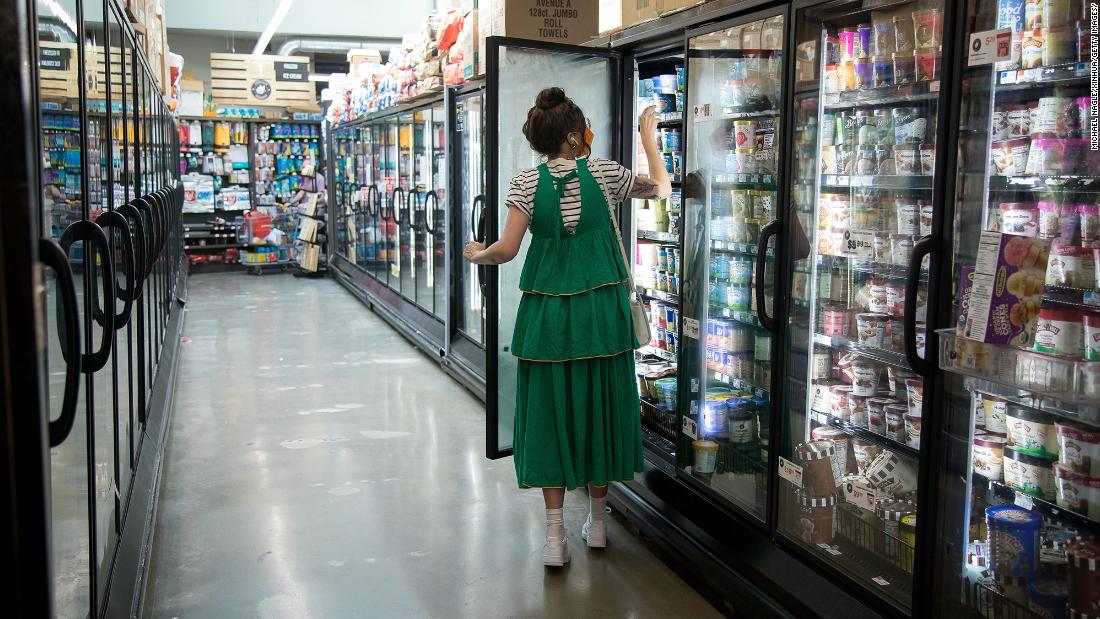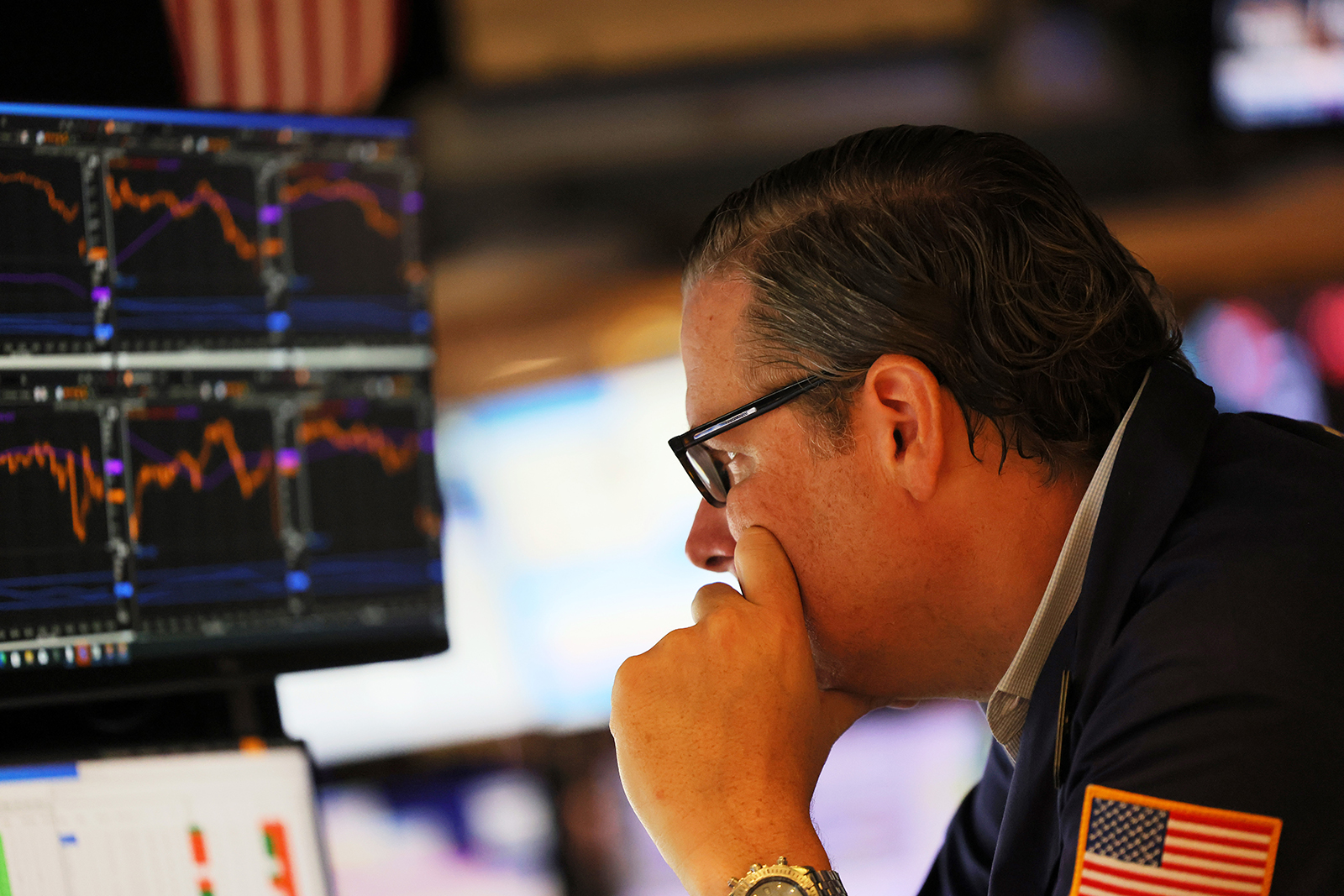When it comes to recession indicators, nothing it quite as good as a US Treasury 2-year/10-year yield curve inversion. Since 1978, every time the 2/10 curve has inverted, recession has followed.
That's not good news for the US economy. The 10-year reached highs of 3.04% today following the red-hot June inflation report and 2-year yields rose by 3.17%. deepening the current inversion to its widest spread in 22 years.
"Back to year 2000," Liz Ann Sonders, chief investment strategist at Charles Schwab, wrote today. A recession is now inevitable, she added.
Bank of America economists also said they expect the US to enter a "mild" recession this year.
The yield curve inverts when short-term Treasury bond investments pay out more than long-term investments.
But that doesn't necessarily mean a recession is right around the corner: The shortest inversion-to-recession period was 158 days, before the 2020 recession. The longest was 1,010 days, ahead of the 2001 recession, according to analysis by Jack Hersch at S&P Global Market Intelligence.


